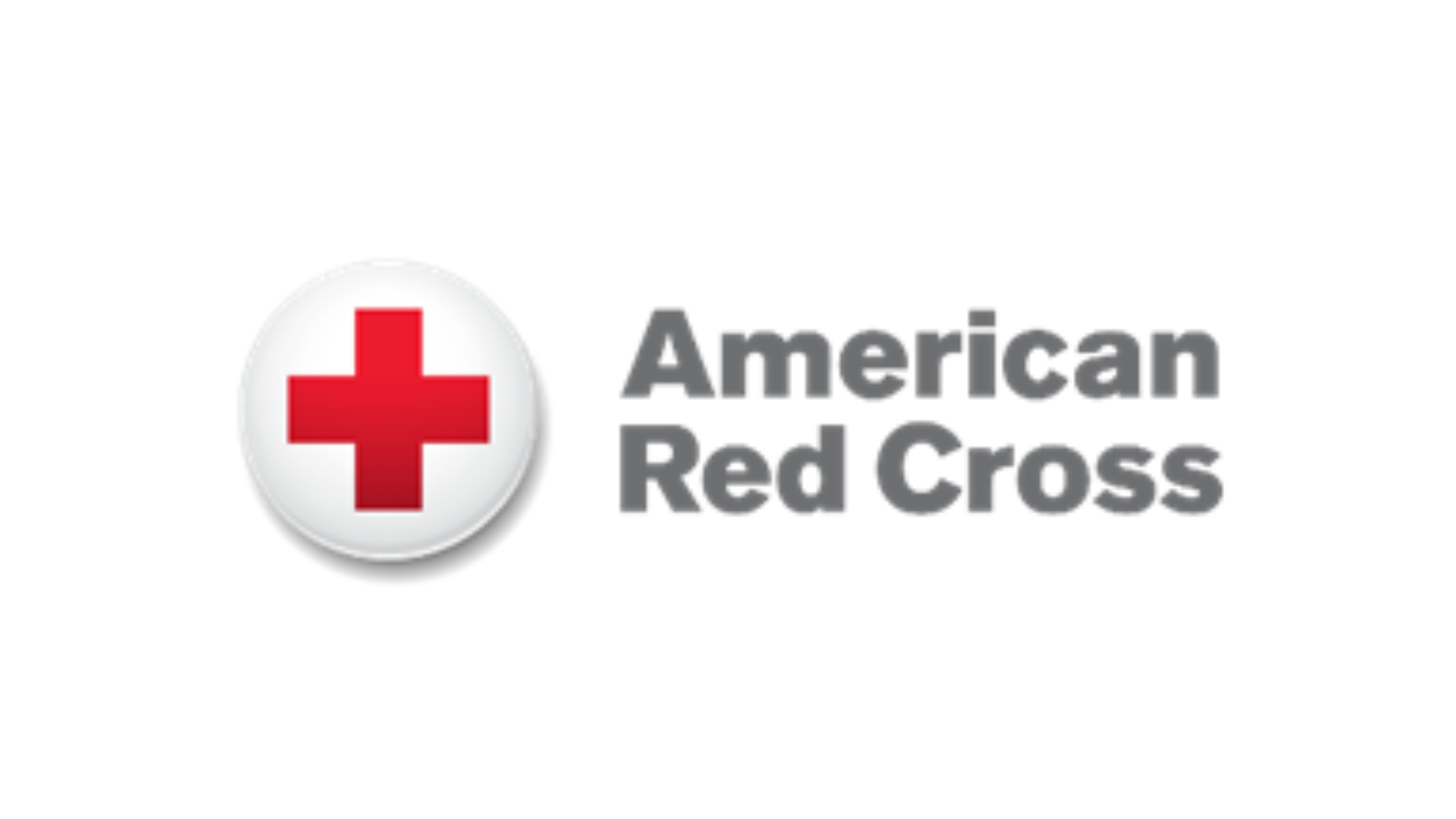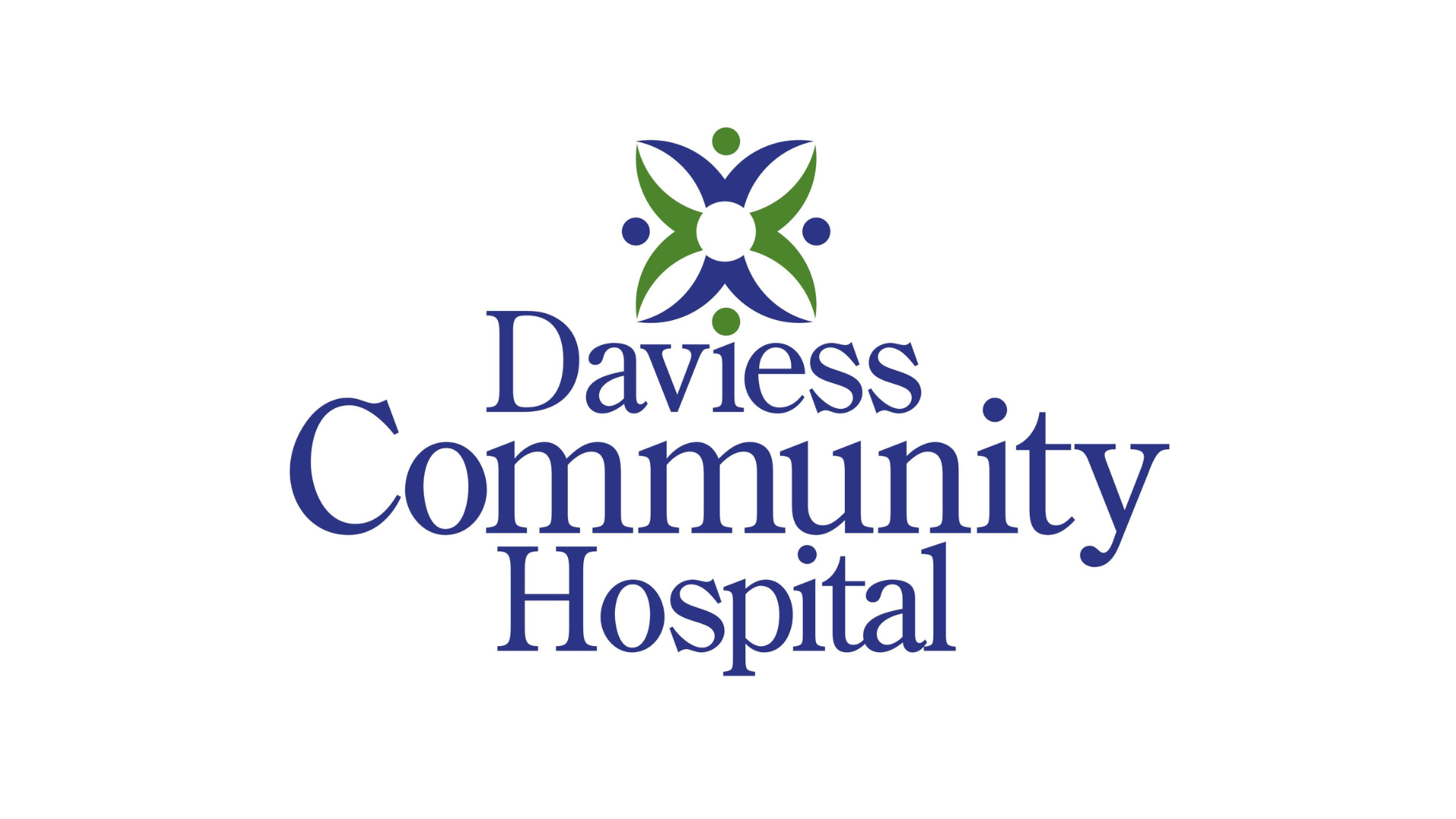Governor Eric J. Holcomb recently announced a multi-agency effort to provide more support to children who have high acuity needs.
The plan is the result of a collaboration among the Family and Social Services Administration, the Department of Correction, the Department of Child Services, the Department of Education, and the Governor’s Office to understand the needs of high-acuity children and how to design programs to provide the best support in their communities whenever possible. Gov. Holcomb made the plan a priority in his 2024 legislative agenda announcement.
Children with high acuity needs often require more specialized care due to the complexity of their diagnoses and circumstances. This initiative focuses on ensuring they receive the necessary support for their overall well-being. Sometimes, the challenges extend beyond the child’s individual needs, influenced by the broader family context. By considering these factors and enhancing coordination between the program and agencies involved more effective support can be provided for both the children and families.
Already, a cross-agency rapid response team that was established to address emergency circumstances has assisted more than 20 children and their families with finding an appropriate placement and connecting to needed services, helping to stabilize crisis situations.
Through the work of the Children with High Acuity Needs Project, the group identified four areas of initial prioritization, including:
- Cross-Agency Navigators. Cross-agency navigators with multi-agency expertise will enhance care coordination across state and local services such as education, mental health, intellectual and developmental disability, child welfare, juvenile justice, and physical health. This will begin as a pilot program focusing on engaging schools early to prevent children from being placed in more restrictive settings and helping those in a residential setting return home more quickly and sustainably.
- Intensive Foster and Respite Care. New and existing foster care parents and kinship caregivers will receive intensive support to help them manage the behaviors that children with high acuity needs may exhibit. These foster parents and kinship caregivers, who will also receive respite care, will help prevent crises that result in children being placed in treatment settings not appropriate for their needs. Services will begin in November and a list of providers and the areas they serve can be found here.
- Gatekeeper Process Review. Gatekeepers support children receiving services from the State Psychiatric Hospital Network, ensuring that they receive the most appropriate treatment in the least restrictive setting possible. The state will review the current pediatric gatekeeper process to identify operational, policy, and statutory changes needed to improve the state psychiatric hospital gatekeeping process. When the system is optimized, youth won’t remain in state hospitals for longer than medically necessary, allowing another youth in need to occupy the space.
- Youth Transitional Homes and Caregiver Coaching. This program will offer an intermediary level of support for youth who are ready to return to their community following residential care or for youth to remain in the community, rather than being escalated to a more restrictive setting. Different from traditional group homes, Youth Transitional Homes are not long-term placements but are designed to help youth reconnect with their daily routines and communities. Families will also receive caregiver coaching to equip them with the tools needed to support the child’s safe and successful return to their home environment.
More information about the next steps for each initiative along with upcoming stakeholder meetings will be announced soon. Portions of this work will be supported by funds from the National Opioid Settlement.





You must be logged in to post a comment.